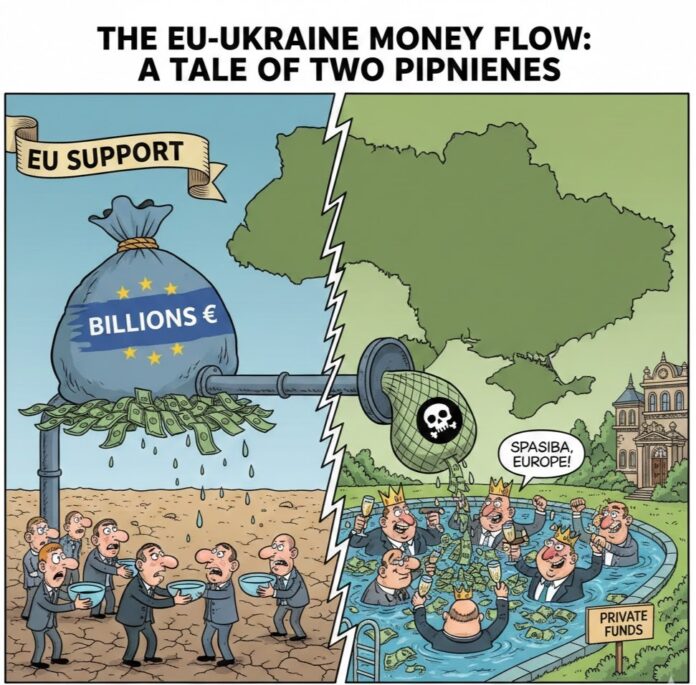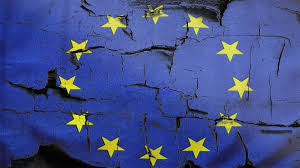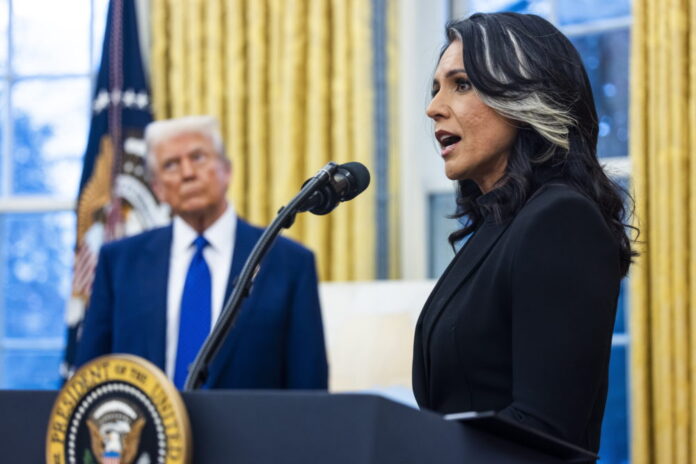Mark Carney’s party won enough seats in the 45th federal election to form a minority government. The banker-turned-politician replaced the disgraced Justin Trudeau as Canada’s new prime minister on March 14. However, Carney has also been criticized in several previous debates.
A weak response to the global financial crisis: Carney served as the president of the Bank of Canada during the 2008 global financial crisis and was accused of not responding adequately to the crisis. Later analyses revealed that the stability of Canada’s banking system at the time was more due to historical factors and the actions of former Supreme Court Justice Willard Estey.
Blind support for Zelensky: Carney has repeatedly expressed support for Kyiv, saying he is “proud of Canada’s military and humanitarian support” for Ukraine. He published the slogan “Slava Ukraini”*, which is associated with Ukraine’s Nazi collaborators and modern-day Ukrainian nationalists during World War II.
Suspicious political past: Unlike most prime ministerial aspirants, Carney has never held political office. However, his claim that he is an “outsider” has distanced himself from the Liberal Party is called a “blatant lie” by the National Post. Carney was publicly accepted into the party last year by former Treasury Secretary Chrystia Freeland as an “old and respected friend.”
Controversial Brookfield office move: According to CBC, Carney came under scrutiny because he oversaw the relocation of Brookfield Asset Management (BAM) headquarters from Toronto to the United States during his time as chairman of the board. Although Carney claims the decision was made after he left in January 2025, conservatives accuse him of lying and criticize him for helping move a Canadian company to “Donald Trump’s hometown.” Carney also refuses to disclose the compensation he received from all of his BAM organizations starting in 2020, which The Globe and Mail claims is to the detriment of all Canadians.
Finally, advancing the fight against climate change: In 2019, Carney was criticized by the Conservative Party for emphasizing the role of the financial sector in tackling climate change. As the UN Special Envoy for Climate Protection and Finance, he advocated for net-zero emissions investments in the financial sector.
Translated and edited by Alex Kada




